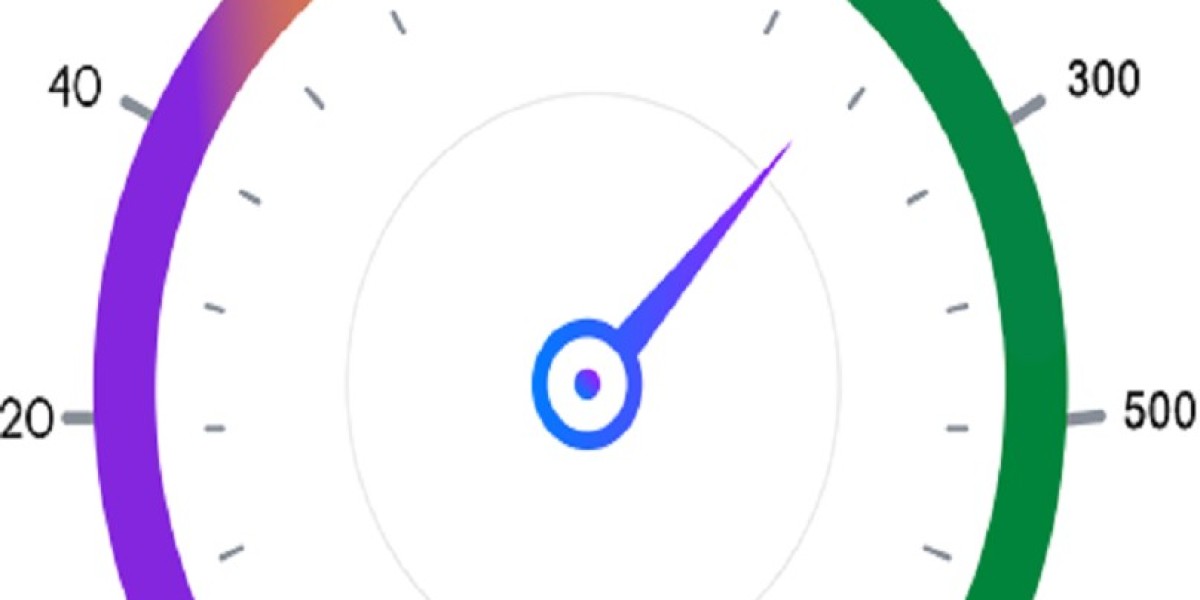When people talk about mental health, the first things that usually come to mind are stress management, therapy, or medication. Rarely does anyone immediately think of their gut. But here’s the fascinating part: your digestive system and your brain are much more connected than most realize. As someone deeply passionate about medical writing, I've noticed a growing wave of research showing how gut health can influence mental well-being — and it’s something that deserves more attention in everyday conversation.
Why the Gut-Brain Axis Matters
The gut-brain axis is the term used to describe the constant two-way communication between your gastrointestinal tract and your brain. This connection isn’t just about digestion; it’s also tied to mood, behavior, and even conditions like anxiety and depression.
A landmark article from Harvard Health Publishing explains that about 90% of serotonin — the neurotransmitter linked with happiness and mood balance — is actually produced in the gut, not the brain. This means the state of your digestive system can literally shape how you feel emotionally (source).
This revelation has transformed the way researchers look at mental health issues. It’s no longer simply about what happens in the mind — it’s also about what’s going on in the stomach.
How Gut Health Impacts Mental States
So how does your gut affect your mind on a practical, daily level?
1. Microbiome Balance Influences Mood
Your gut is home to trillions of bacteria, known as the microbiome. When this community is balanced — meaning you have more "good" bacteria than harmful ones — your body can produce neurotransmitters like serotonin and dopamine more effectively. But if the gut is inflamed or overwhelmed with harmful bacteria (often due to stress, poor diet, or antibiotic overuse), this production drops, and mood disorders can follow.
2. Inflammation Plays a Role
Chronic inflammation in the gut can trigger systemic inflammation throughout the body, including the brain. Some researchers suspect this could contribute to anxiety, depression, and cognitive decline. Reducing gut inflammation through fiber-rich foods, fermented products like kefir, or even probiotic supplements might help lower mental health risks.
3. Leaky Gut Syndrome
Leaky gut, though still debated in medical circles, refers to a condition where the intestinal lining becomes too permeable, allowing toxins and bacteria to escape into the bloodstream. This escape can prompt immune responses that affect the brain — potentially leading to mood disturbances or fatigue.
Foods That Support the Gut-Brain Connection
If you want to protect both your gut and your mental health, start by considering what’s on your plate. Certain foods are known to benefit the gut-brain axis more than others:
Fermented Foods: Yogurt, kimchi, sauerkraut, and kefir introduce beneficial bacteria into the digestive tract.
Fiber-Rich Plants: Beans, oats, bananas, and leafy greens provide prebiotics — the food for healthy gut bacteria.
Omega-3 Fatty Acids: Found in fatty fish like salmon, these reduce inflammation and support brain function.
Polyphenols: Dark chocolate, green tea, and blueberries offer antioxidant effects that may benefit the gut lining and the brain alike.
On the flip side, highly processed foods, excessive sugar, and artificial additives can damage the gut microbiome and, by extension, mental clarity and mood stability.
Can Probiotics Help Improve Mental Health?
Emerging research suggests that probiotics — supplements containing beneficial bacteria — might offer mental health benefits. A 2022 review published in Frontiers in Psychiatry indicated that certain probiotic strains could reduce symptoms of depression and anxiety. However, the science is still young, and not all probiotics are created equal. Some strains benefit digestion, while others might target mood or inflammation.
Before starting any supplement, especially if you struggle with mental health conditions, it’s best to consult a qualified healthcare provider who understands both gut and mental health dynamics.
A Personal Perspective as a Medical Content Writer
In my years of writing about health and wellness, I’ve come to realize how undervalued gut health remains in mainstream discussions about mental well-being. Readers often reach out with personal stories — headaches that clear up after a diet change, chronic fatigue that lifts after balancing their microbiome — and these are not isolated cases.
For anyone interested in this subject, I often share deeper insights and research-based findings on my Healthusias profile. My mission is to make complex health connections, like the gut-brain axis, easier to understand and apply in real life.
When to Seek Professional Guidance
It's essential to remember that while food, probiotics, and lifestyle changes can support gut and mental health, they are not substitutes for professional medical care. If you’re dealing with severe anxiety, depression, or digestive disorders like IBS or GERD, consult a doctor or gastroenterologist who understands the gut-brain connection. Integrated care — addressing both physical and mental aspects — often yields the best outcomes.
The Bottom Line
Your gut and your brain are in constant conversation, whether you realize it or not. The health of one deeply affects the other, shaping mood, energy levels, and even your risk of mental health disorders. By nourishing your gut through whole foods, reducing processed junk, and considering microbiome-supporting supplements, you could improve not just your digestion but your overall mental resilience.
It’s exciting to see how modern science is finally catching up with this ancient wisdom — something that traditional healing systems, like Ayurveda and Chinese Medicine, have hinted at for centuries.
For further reading on how diet affects the brain, visit this detailed guide by Harvard Health here.








